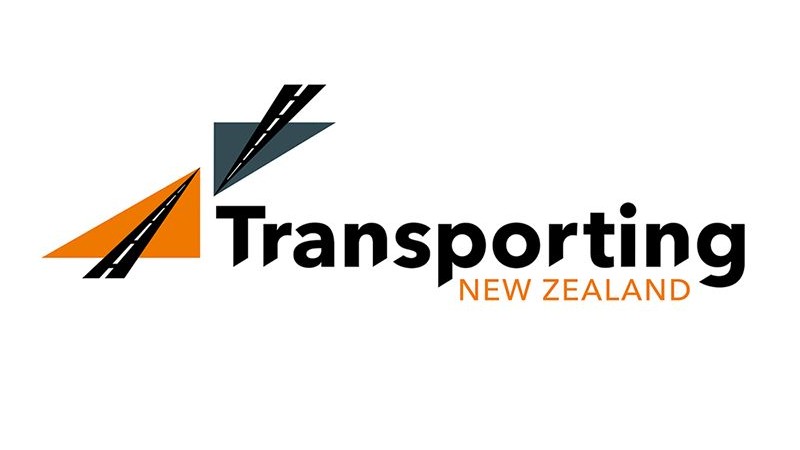Transporting New Zealand launches Green Compact decarbonisation framework

Transporting New Zealand has announced the launch of the Green Compact decarbonisation framework.
The framework aims to guide the transport sector in lowering its emission contributions, and also makes a priority of better roading infrastructure.
“Transport makes up around 20% of New Zealand’s emissions, and heavy vehicle emissions make up around a quarter of that amount. We know that green freight technology is going to accelerate quickly, however full decarbonisation could still be decades away,” said Transporting New Zealand CEO, Nick Leggett.
“That is why our Green Compact emphasises practical, immediate methods to lower emissions – the ‘low hanging fruit.’ These enduring principles will guide our industry on its policy approach to officials and successive Governments,” he said.
Leggett said emissions can be reduced today through fuel efficient driving, larger vehicles in key freight areas, and efficient logistics.
“Better roading design and quality will not only lower emissions, it will make our transport system far more resilient so that we can withstand extreme weather events,” he said.
These pillars together play an important part in CO2 reduction, along with the growing number of smaller battery electric trucks on the road, and hydrogen vehicles entering service.
“It is critical for the road freight sector to demonstrate to its customers and the wider public how the industry is reducing emissions and is committed to sustainability,” Leggett said
Transporting New Zealand adapted the Green Compact from the International Road Transport Union (IRU), which represents 3.5 million road transport companies across the globe. Transporting New Zealand’s commitment to the Green Compact aligns New Zealand’s road freight sector with global industry efforts to reduce emissions.
“It’s up to industry to show we’re acting in the here and now. That means doing what we can to reduce emissions and embracing sustainable practices, and supporting the government to build back roads that will withstand the weather, and keep people safe,” said Leggett.
“We are not waiting passively for regulation or technology to determine the future,”





